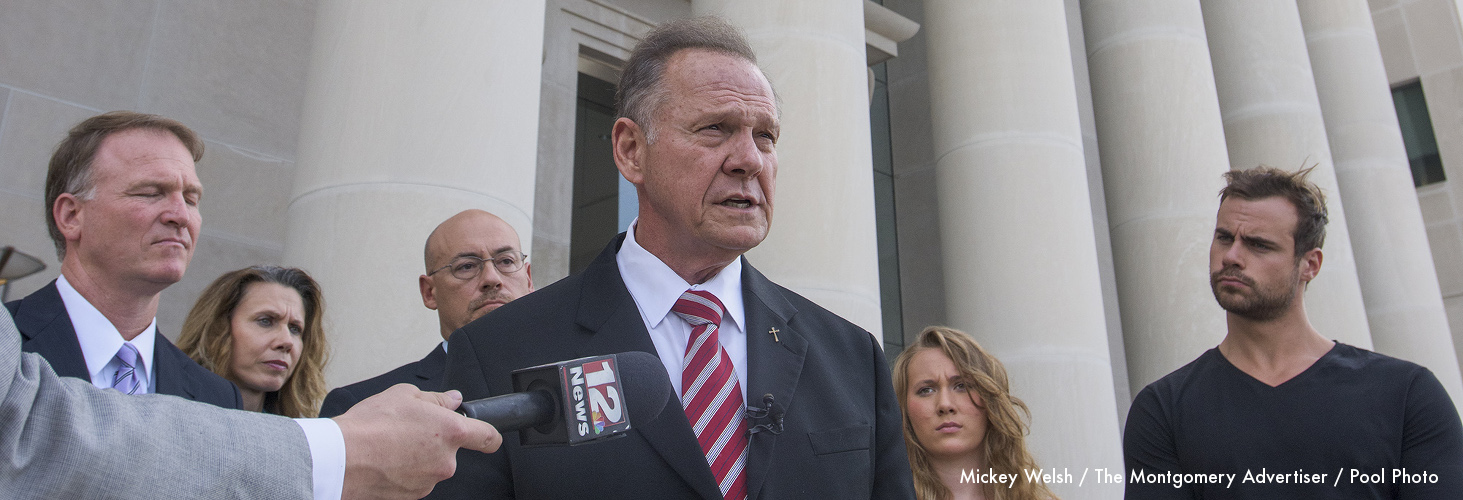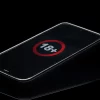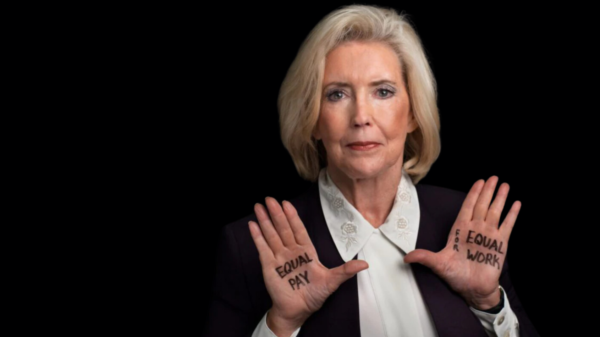By Susan Britt
Alabama Political Reporter
To fully understand the investigation and permanent suspension of Alabama Supreme Court Chief Justice Roy Moore by the Court of the Judiciary, The Alabama Political Reporter filed a Motion to Intervene and Unseal Court records about the case on October 19, 2016. In a 4-3 decision on February 3, 2017, the Special Supreme Court selected to hear Moore’s appeal denied APR’s request.
An appointed panel of retired judges denied APR’s motion without explanation. They were: James Harvey Reid, Special Chief Justice, and Robert George Cahill, Ralph Alton Ferguson, Jr., and John David Coggin, Special Justices, concurring, and Harris Edward McFerrin, William Reddoch King, and Lynn Clardy Bright, Special Justices, in dissent.
“We are disappointed in the court’s ruling,” said APR’s editor-in-chief Bill Britt. “When the State’s duly elected Chief Justice is removed from the bench, the people of Alabama have a right to know not only why but what are the unvarnished facts that led to such a harsh punishment.”
It has been reported that during the Moore investigation two sitting Supreme Court Justices called for an inquiry into possible misconduct by the Judicial Inquiry Commission (JIC) that oversaw the probe that led to Moore’s suspension for the remainder of his term in office.
“What is hiding in those records that they are so desperate to keep concealed from the public,” asked Britt.
Last week, a 50-page brief filed by Moore’s attorneys reiterated many of the arguments in his September ethics trial and in his previous brief submitted in December.
His attorneys argue that the JIC and the COJ have no authority to review his four-page administrative order, which serves as the basis of the ethics charges brought against him.
In December of last year, the Special Supreme Court sent an order to the JIC giving them fourteen days to show cause as to why the Motion to Intervene and Unseal filed by APR should not be granted.
The JIC on Monday, December 19, 2016, answered the court, claiming it had a constitutional mandate to keep all records confidential. So insistent on this position under the State’s 1901 Constitution, they cited the provision no less than five times.
In a seventeen page response from John L. Carroll, Rosa Davis and R. Ashby Pate of the JIC asserts: “The presumption of open court proceedings and the Chief Justice’s own consent to lifting the seal are insufficient to overcome the Alabama Constitution’s strict confidentiality mandate that [a]ll proceedings of the [JIC] shall be confidential, except the filing of a complaint with the [COJ].”
At the time Britt asserted, “With those few words, these lawyers confirmed that they, in fact, consider the JIC a ‘Star Chamber’ beholden to no one.” He further stated, “The JIC has a secret hiding in those court records, something that will embarrass both the members of the commission as well possibly some on the Alabama Supreme Court.”
The call by two justices for an investigation into the conduct of the JIC (and possibly other justices) Britt believes may be just the tip of the iceberg. He is also suspect of the opinion that JIC proceedings are Constitutionally confidential: “How can the people of our State condone the removal of a sitting justice by a small group of appointed individuals who operate in secret,” Britt asks.
Senators Dick Brewbaker and Bill Hightower have pre-filed legislation that would make substantial changes in the JIC; even abolishing it altogether.
“I keep hearing constituent after constituent saying why is an unelected group, a small group, deciding the fate of a popularly elected official,” said Hightower. “I’m not an attorney, but I started to look at what people’s perception was, and it seems to me it was time to give thought to if we had the right structure and right rules to deal with just issues.”
Brewbaker’s bill calls for a Constitution Amendment to abolish JIC and COJ altogether.
“For better or for worse in Alabama, we elect judges in partisan elections,” said Brewbaker. “As long as we continue to elect judges then there is no reason for them to be treated any differently than any other elected official where they are removed by the impeachment process.”
A date for the Special Supreme Court to hear oral is pending.




















































You must be logged in to post a comment Login